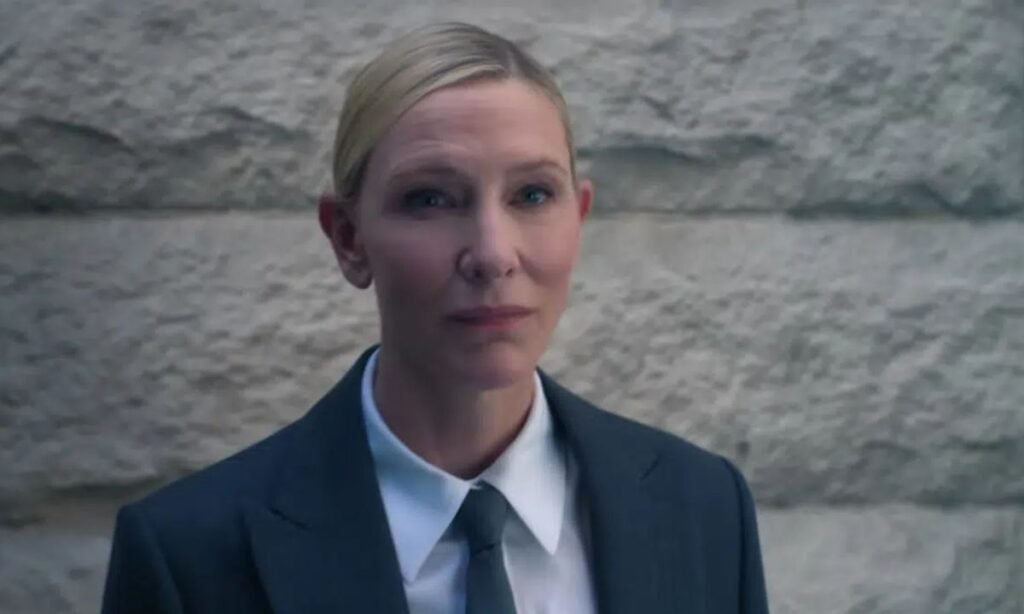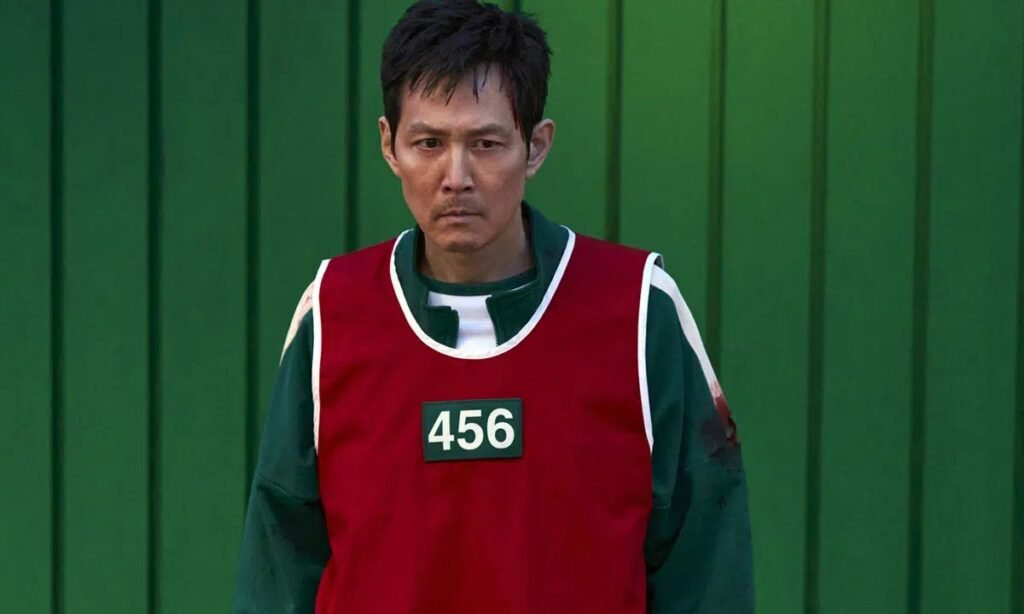After a long wait, Netflix has finally dropped the highly anticipated third and final season of Squid Game — the global Korean sensation. But does it live up to the hype? And what does the shocking ending mean for the future of the franchise? Here’s a deep dive into Squid Game Season 3, its final moments, unanswered questions, and spinoff potential.
Squid Game: The Phenomenon Continues
Since its debut in 2021, Squid Game has become Netflix’s most-watched series of all time, redefining the survival drama genre. Season 3 builds on this legacy by delivering a high-stakes, emotionally intense, and darkly philosophical conclusion.
Lee Jung-jae reprises his iconic role as Gi-Hun, who returns to the deadly games with one goal: revenge. After his failed rebellion in Season 2, the system remains intact — and more brutal than ever.
A Darker, More Emotional Chapter
Season 3 kicks off exactly where the second season ends. Gi-Hun, after attempting to disrupt the system from within, is betrayed and brought back to the game — unconscious, chained to a bed, and silenced. No longer the loud voice of resistance, Gi-Hun is now a broken shell, symbolizing the soul-crushing power of the system.
The Frontman (played by Lee Byung-hun) returns to his commanding role, running the games with ruthless precision. The psychological intensity is ramped up this time, especially as Gi-Hun is forced to witness atrocities unfold without being able to intervene.

New Games, Familiar Horrors
While the format remains consistent — children’s games turned into deadly trials — the novelty of shock has somewhat faded. That said, Season 3 introduces some of the series’ most morally complex and visually stunning challenges, such as:
- Hide-and-Seek: Players are divided into hunters and hiders, with a deadly twist — hunters must kill to survive. The game forces contestants into direct, personal violence without guard intervention, raising the psychological tension.
- Jump Rope & Sky Squid Game: Both games are played at terrifying heights, triggering fear and testing emotional endurance.
Though predictable at times, the games remain compelling due to clever twists, character conflicts, and emotionally charged decisions.
Standout Characters and Performances
Among the large cast, several characters stand out for their depth and development:
- Gi-Hun delivers a restrained but powerful performance, embodying grief, rage, and reluctant sacrifice.
- Player 149 (Kang Ae‑shim) and Player 007 (Yang Dong‑geun) — the mother-son duo from Season 1 — are once again fan favorites, facing deeply disturbing challenges.
- Kim Jun-hee (Jo Yu-ri), a pregnant contestant, becomes the emotional core of the story. Her childbirth during the games becomes the season’s turning point, emphasizing themes of innocence amid brutality.
Other standout contestants include Player 222, Player 120, and Player 246, each reflecting the remaining shards of humanity within a hopeless system.
VIPs Return and the Horror of Entertainment
A new group of English-speaking VIPs returns in Season 3, once again showcasing the disturbing pleasure that the elite takes in human suffering. Their most horrifying decision? Substituting Player 222’s newborn baby into the game after her death — a moment that truly captures the show’s dark commentary on power and cruelty.
Side Plots: Hit or Miss?
While the central games steal the spotlight, two major side stories run parallel:
- Detective Jun-ho (Wi Ha-joon) continues his mission to uncover the truth about the island and confront his brother — the Frontman. While this plot provides background on the game’s operations, it often disrupts the main story’s momentum and concludes with minimal payoff.
- Kang No-eul (Park Gyu-young), a North Korean defector, joins the games in desperation. Her journey through the game’s infrastructure offers insight into its secrets but drags the pacing at times. Her emotional arc culminates in a quest to find her daughter, potentially teasing future narratives.
Ending Explained: Gi-Hun’s Final Sacrifice
The final episodes are emotionally charged, with Gi-Hun’s story coming full circle. His ultimate sacrifice to save the newborn child of Player 222 is symbolic — a deeply redemptive act from a man haunted by past failures.

Key Takeaways:
- The Baby Wins the Game: In a shocking twist, the newborn child becomes the symbolic “winner” of the 34th Squid Game. She is delivered to Detective Jun-ho’s home, along with a card containing her prize money — billions of won.
- The Island Self-Destructs: The Frontman, after a distant encounter with his brother, decides to destroy the island and carries the baby away, suggesting an end — or perhaps a reset — to the games.
- No-eul’s Journey: She finds out her daughter might still be alive and heads to China. Her story closes with a portrait painted by Player 246, whose own daughter survives — offering hope amid tragedy.
- Gi-Hun’s Legacy Lives On: The Frontman visits Gi-Hun’s daughter in Los Angeles, handing her a bloodstained tracksuit and a bank card — a heartbreaking reminder of his sacrifice.
Teasing the Future: Spinoff Hints
In a jaw-dropping cameo, Cate Blanchett appears in the final scene, playing ddakji — the iconic recruitment game — with a stranger in the U.S. This sets the stage for Squid Game: America, Netflix’s planned English-language spinoff.
While it’s unclear if Blanchett will star in the new series, her cameo hints at a global expansion of the deadly games.
Final Verdict: Does Season 3 Deliver?
⭐ Rating: 4.5/5
Squid Game Season 3 is emotionally satisfying and visually gripping. While it doesn’t completely recapture the shock value of Season 1, it builds on established themes, deepens character arcs, and delivers a powerful conclusion. There are slow moments and familiar tropes, but the emotional payoff and powerful performances — especially from Lee Jung-jae — make it a worthy finale.
With spinoffs on the horizon and plenty of open threads, the Squid Game universe is far from over. But as far as main storylines go, Season 3 provides closure that is both heartbreaking and meaningful.





